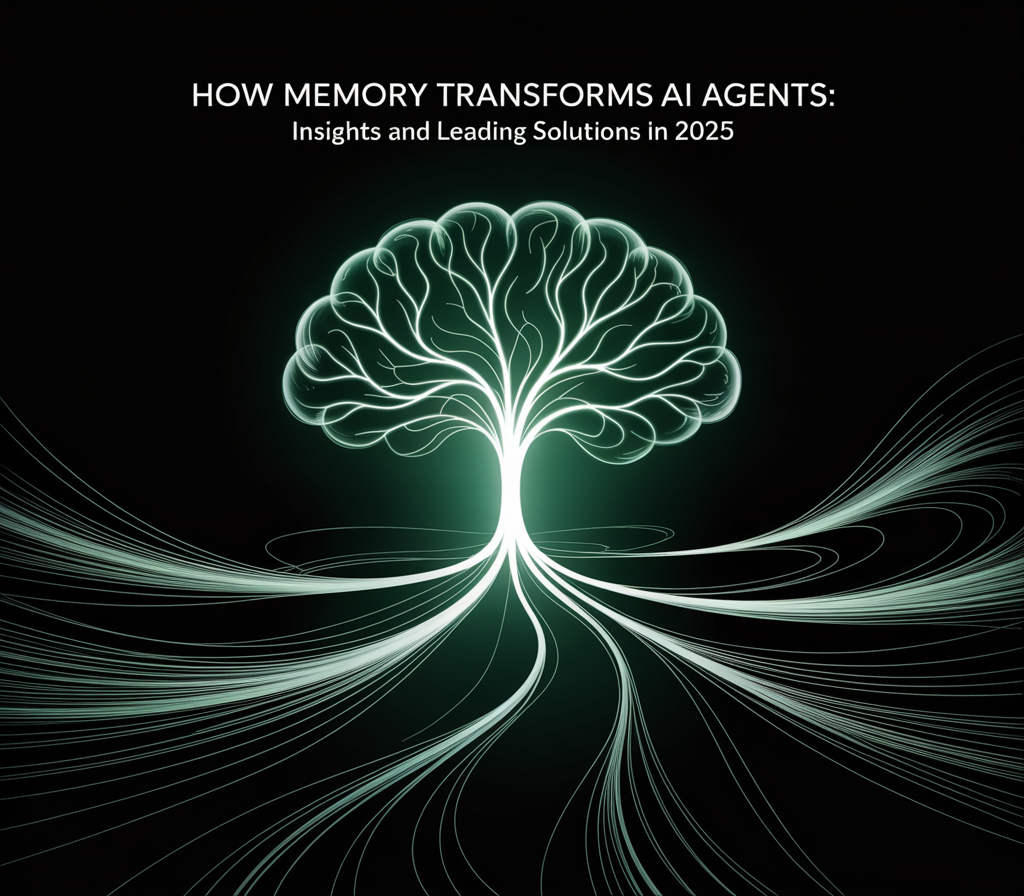
The Critical Role of Memory in Advancing AI Agents by 2025
The significance of memory in artificial intelligence (AI) agents is increasingly recognized as the field evolves from simple statistical models to sophisticated autonomous systems. Memory serves as the foundational capability that enables these agents to remember, learn, and adapt, effectively setting apart basic reactive bots from interactive, context-aware digital entities capable of nuanced, human-like interactions and decision-making.
Why Is Memory Vital in AI Agents?
- Context Retention: Memory allows AI agents to retain conversation history, user preferences, and goal states across multiple interactions. This capability ensures that responses are personalized, coherent, and contextually appropriate, even during lengthy or multi-turn conversations.
- Learning and Adaptation: Agents equipped with memory can learn from both successes and failures, continuously refining their behavior without the need for retraining. By recalling past outcomes, errors, or unique user requests, they enhance their accuracy and reliability over time.
- Predictive and Proactive Behavior: The ability to remember historical patterns empowers AI to anticipate user needs, identify anomalies, and prevent potential issues before they arise.
- Long-term Task Continuity: For workflows or projects that span multiple sessions, memory enables agents to maintain continuity and seamlessly pick up where they left off, thereby facilitating complex, multi-step processes.
Types of Memory in AI Agents
AI agents utilize various forms of memory, including short-term memory, which handles immediate tasks, and long-term memory, which stores more extensive information for future use. This differentiation allows agents to operate efficiently across a spectrum of interactions.
As AI continues to advance, the integration of memory into these agents will play a crucial role in enhancing their capabilities, making them not only more efficient but also more aligned with human-like interaction standards. This evolution highlights the potential for AI agents to become indispensable tools in both personal and professional contexts.
Rocket Commentary
The article rightly emphasizes the importance of memory in AI agents, highlighting how it transforms them from basic reactive systems into sophisticated entities capable of meaningful interactions. However, as we embrace this evolution, we must also consider the ethical implications of memory utilization. Personalization through memory can enhance user experience, but it raises critical questions about data privacy and consent. Companies must prioritize transparent practices that empower users to control their information while ensuring that memory enhances the relevance and context of AI interactions. As AI continues to develop, balancing accessibility, ethics, and transformative potential will be crucial in shaping a future that benefits all stakeholders involved.
Read the Original Article
This summary was created from the original article. Click below to read the full story from the source.
Read Original Article